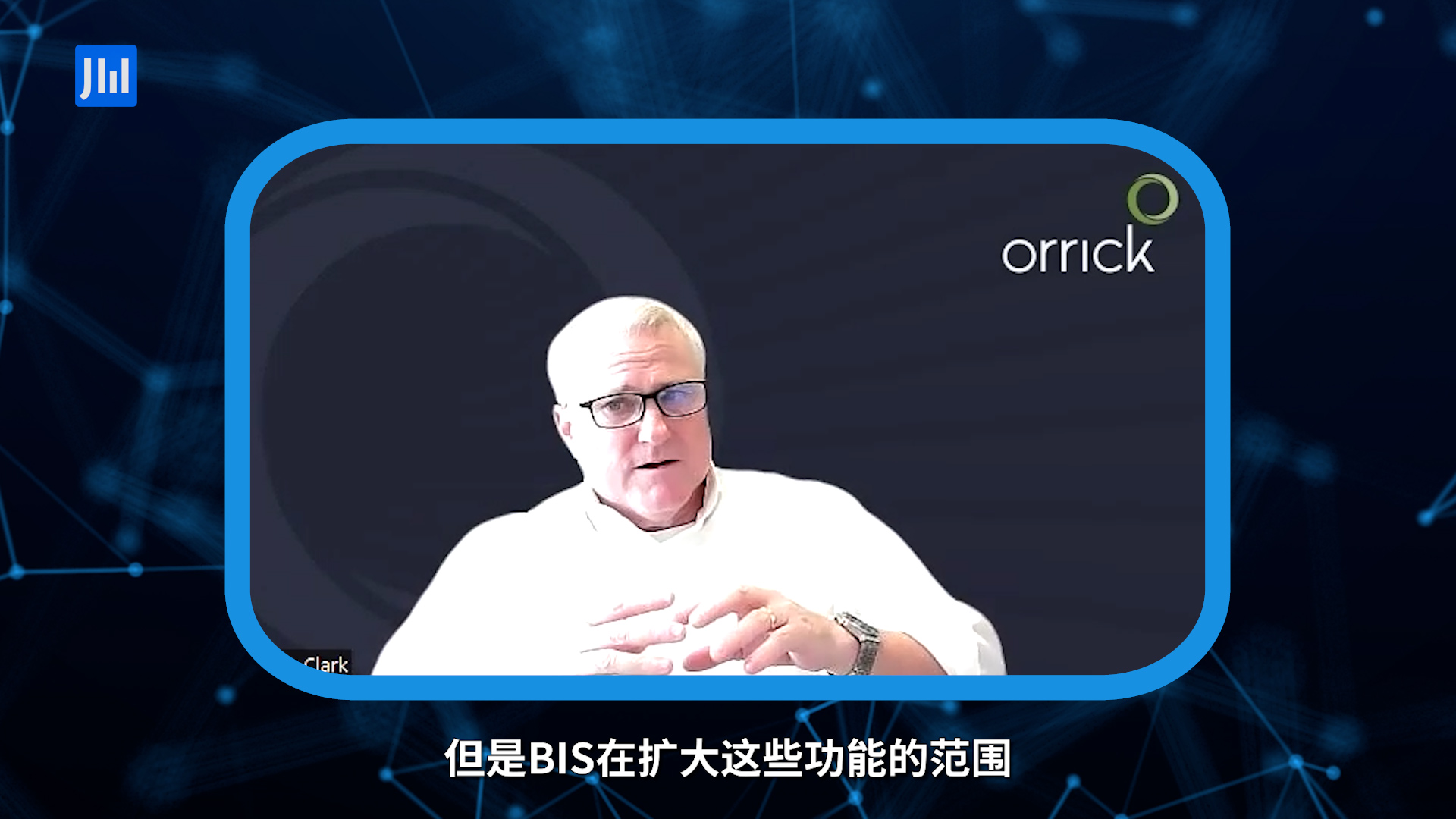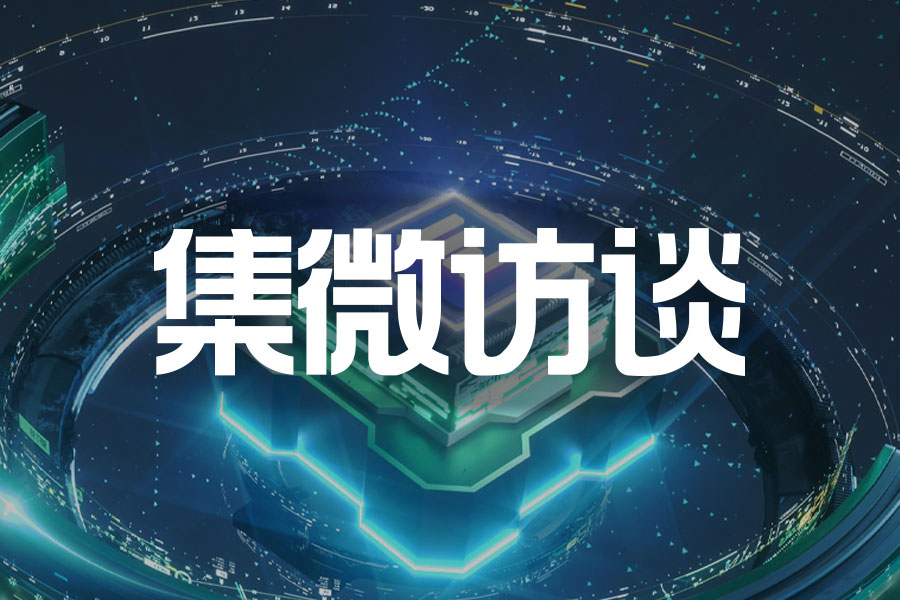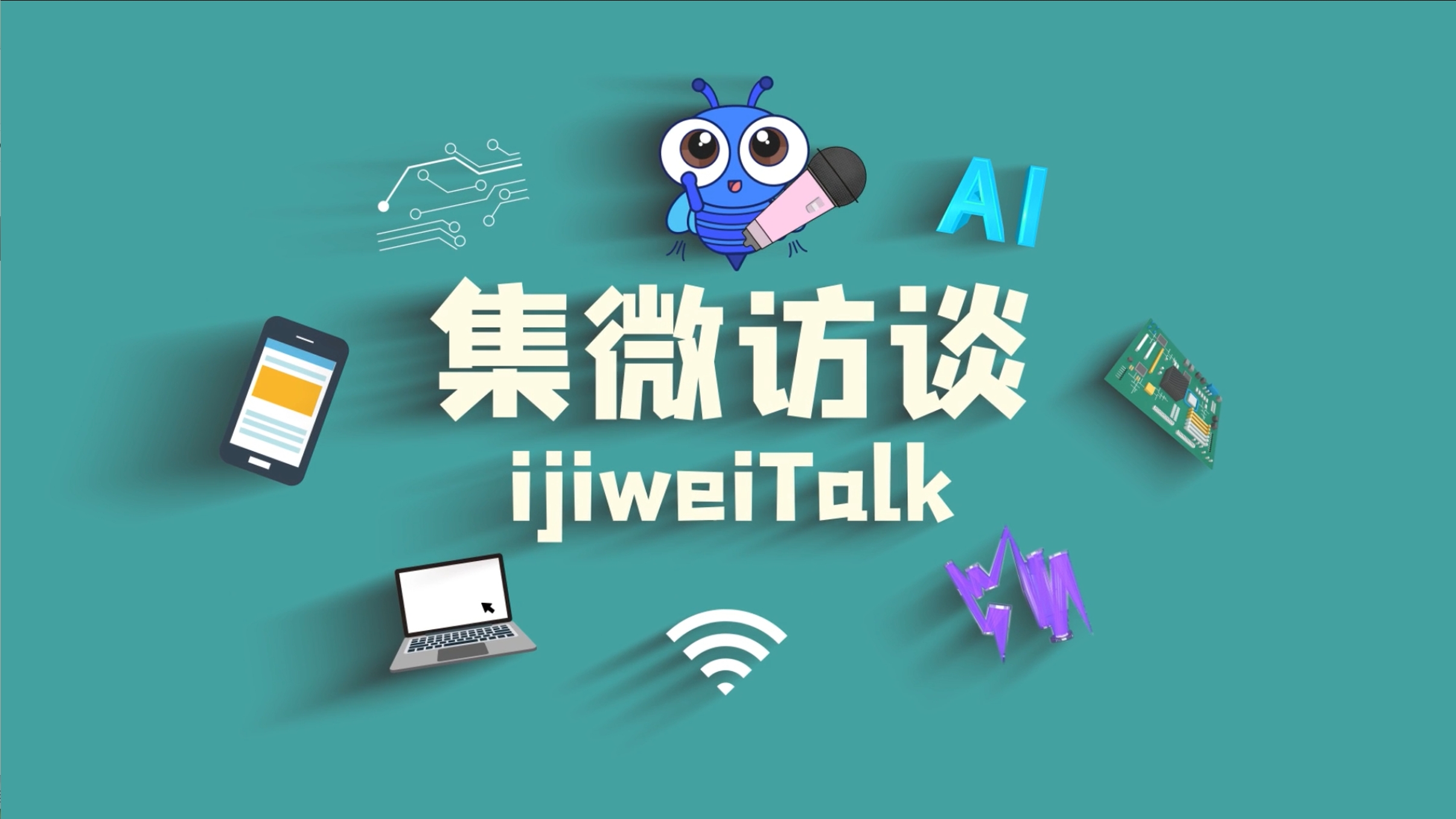在往期的集微访谈栏目中,爱集微有幸采访了奥睿国际贸易与投资团队的负责人HarryClark。他在军事和“军民两用”出口管制法规(ITAR/EAR)、海关法规等领域拥有丰富的经验。集微访谈就关于美国新出口管制条规方面提出了一系列问题,并收到了十分有启发的答复。

问:现在我们开始吧。我们都知道,上周有一个非常轰动的消息,BIS发布了针对中国半导体行业或某些超级计算机问题的额外出口管制。根据外界的说法,人们普遍认为这是一个非常广泛的管制。与BIS之前发布的管制相比,你可以简单地描述一下它的范围有多广吗?
答:是的。新法规有一些不同寻常的功能,比典型的或传统上典型的出口管制所涉及的活动范围更广。BIS通常不会增添新功能,但它最近扩大了功能的范围。
我来举几个例子。首先,对美国人员的行为有限制。这种类型的限制在之前的法规中确实存在,但这些基于美国人员活动的限制比以往任何时候都要广泛得多。这是新规定比以前范围更广的第一个方面。第二,对运输到中国或在中国境内产品的最终用途或最终用户有新的限制。这些基于用户的限制并不是一个全新的想法。BIS扩大了这类限制的范围。第三个例子是BIS扩大了对在美国境外进行物品转移的限制范围,特别是通过所谓的新版外国直接产品规则。这是三个例子,同样的,这些功能并不新鲜,但是BIS在扩大这些功能的范围。然后是BIS过去使用这些功能的方式。
问:是的,你是对的。依你看,这些并不新鲜,但它们重新定义了这些功能。特别是对美国人员来说,这已经给中国半导体行业造成了很多恐慌。许多中国专家认为,这对中国将是一个巨大的打击。昨晚,我们要求BIS明确给出美国人员的定义。我读过你的很多报告,你对此做了很多很好的调查。你能告诉我们更多这方面的情况吗?
答:BIS以传统的方式定义了美国人员一词,美国人员包括美国公民或美国永久居民。这是美国人员的一种。第二,美国人员包括根据美国法律成立的任何公司或其他类型的法律实体。无论它在哪里,如果它是一家根据美国法律成立的公司,它就是美国人员。第三,任何在美国活动的人,无论是个人还是公司。如果他们在美国活动,他们就是美国人员。这就是美国人员的三种类型。我知道,在中国工作的美国公民受到了特别的关注,这真的是一个问题。这些人需要非常小心他们代表雇主所做的工作,确保他们不会从事新法规中涉及美国人员授权的活动。
问:可能这些人会因此受到迫害。我的意思是,这就像政治迫害或冷战。他们可能因为对规则的误解而受到指控或迫害。你对此有什么看法?也可能是政治观点。
答:我有几点想法。首先,对这些人来说,了解他们能做什么和不能做什么很重要。他们能做什么和不能做什么,这些规则写的很清楚。你是美国公民,为一家中国公司工作这一事实本身也不成问题。这是法规所禁止的非常狭窄的活动范围。如果你是美国人员,你必须小心,不要参与中国某些先进半导体制造厂开发或生产半导体所用的某些类型物品的供应,不要参与符合出口管制清单某些参数范围的物品供应活动,不管你是向谁供应。所以,这只是一种狭窄的活动范围,但如果你是美国公民,你需要非常小心,确保你不会参与此类活动。
其次,我认为美国执法部门会对犯错的人员有所宽容,至少一开始是这样。但我要强调的是,在中国工作的美国公民要非常小心这些新规则。
问:对于其他芯片供应商,如台积电或其他大型国际芯片供应商,他们还能获得中国芯片扩张的临时许可证吗?也许他们中的一些不能获得。BIS根据什么标准来决定哪家公司可以获得临时许可证,哪家公司不能获得临时许可证?
答:是的,你说对了。据报道,BIS已经根据这些新规则发布了授权。BIS通常批准不会破坏规则背后目的的活动,而规则背后的目的涉及促进美国国家安全和外交政策的优先事项。如果BIS决定批准这一活动,如果我们允许这一活动进行下去,它不会妨碍国家安全和外交政策的优先事项。BIS有时会授权该活动。
问:除了BIS,还有美国政府的其他部门,比如财政部,国防部。他们也有一些按照他们的标准列出的实体清单。所以会有一系列由商务部、财政部或国防部公布的实体清单。对此你有什么看法?他们在公布之前会协商吗?
答:绝对的。毫无疑问。这类法规是机构之间广泛审查、评论、协商和决策的结果。因此,基于机构间的广泛工作,美国政府制定了国际贸易、国家安全和监管要求,国防部、国务院和美国政府的其他部门(例如白宫)在制定这些法规方面发挥了作用
问:没错,这个新规则主要针对中国。除了中国和美国,有一些第三方的欧洲公司。你有做过调查吗?他们将如何受到这个规则的影响?
答:当然。它们肯定会受到影响,因为这些限制适用于美国境外。这些限制不仅适用于美国境内的活动,还适用于美国境外的活动。
举例来说,对于一家与中国进行贸易的欧洲公司来说,这些规则可以以多种方式适用于其活动。首先,这些规则适用于通过欧洲公司向中国供应受出口管制法规限制的商品,即使这些商品可能是在欧洲制造的,他们也是有关联的。他们可以通过某种方式与美国联系,使这些物品(无论是设备、软件还是技术信息)都受出口管制法规的限制,例如,根据所谓的外国直接产品规则。其次,现在欧洲公司会因为雇佣美国公民的员工而受到影响。因为欧洲公司雇佣了美国公民,欧洲公司必须小心处理他们和中国的关系,因为那些美国公民雇员必须小心处理他们和中国的关系。
问:美国有一条非常明确的路线来减缓中国的发展。他们会说得很清楚。我提到过会有15或16纳米用于超级计算机。所以你认为这真的会减缓中国半导体公司的发展速度吗?
答:美国政府的政策是,美国国家安全依赖于限制中国半导体生产能力的技术进步。这一政策绝对推动了这些法规的实施。这就是这些法规背后的目的。我不知道美国政府会取得怎样的成功。但我预计美国政府将继续本着这一目标制定和修订出口管制法规。
问:许多中国专家认为,半导体只是一个开始。也许美国其他部门会在其他领域继续扩大限制或制裁的范围,比如生物科学或者绿色能源,您怎么看?
答:是的,美国政府完全有可能在其他领域扩大对中国的出口管制,这是事实。美国政府特别关注微电子和先进的计算机活动。但美国政府也在关注其他领域,这也是事实。因此,如果美国政府在其他领域颁布针对中国的其他出口管制措施,也就不足为奇了。
问:你对中国半导体公司未来如何进行合规管理有什么建议吗?我认为他们的合规和管理成本可能会大幅增加。
答:是的。我认为这一点非常重要,无论你是美国公司还是中国公司,还是总部设在第三国的公司。明智的做法是仔细考虑如何调整你的合规安排,以适应这些新规则。这应该是全世界公司的首要任务。
以下是采访原文(英文):
Q: Now let's we start. We all know that there was a very sensational news that last week BIS has published the implementation for the additional export control regarding chinese semiconductor industry or some supercomputer issues. And according to outside, it is widely believed that is very broad school. Compared to previous profile published by BIS you could just briefly narrative that how broad it is.
A: Yes. There are unusual features to the new regulations which make them extend more broadly to a broader scope of activity than is typical or has traditionally been typical for export controls. BIS generally did not create new features here, but it recently created features in a much a broader way.
Let me give you some examples. First, there are restrictions on activity based on the actor, being a us person. Now, that type of restriction did exist in the regulations before, but these restrictions based on us person, activity are much broader than they've ever been. So that is the first way that the new regulations have a much broader scope than before. Second, there are new restrictions that are tied to the end use or end user of an item that's been supplied into china or within china. Again, those types of restrictions based on in user and that's not a completely new idea. The BIS has expanded those types of restrictions greatly. A third example is BIS expanded the extent to which the restrictions apply to transfers of items that were made outside the united states, in particular, through new versions of the so called foreign direct product rule. These are three, again, none of these features are new, but the BIS use them in a way that is much more broad. Then the ways that it's used these features in the past.
Q: Yes, you're right. It's according to you. None of these are new, but they refreshed the definition. Particularly for the us person, this item has caused many panics for chinese semiconductor industry. And many chinese experts believe that it will be a big blow for china. So last night, we ask BIS to make a clear clarification, but the definition of the us person. And I have read many reports from you that you have done many good investigation about this. Could you tell us more about this?
A: BIS defines the term us person in a conventional way, us persons include first individuals who are US citizens or US permanent residents. That's 1 type of US person. Second, us persons include any company or other type of legal entity that is organized under us law. No matter where it is, if it's a company and it's organized under us law, it's US person.Third, anyone acting in the united states, whether it's an individual or a company? If they're acting in the united states, they're acting as a US person. Those are the three categories of US persons. And I know there's been particular concern about US citizens who are employees of chinese companies and working in china, and that it's a real concern. Those individuals need to be very careful about the work they do on behalf of their employers, and be careful to ensure that they don't engage in activity that requires authorization for US persons under the new regulation.
Q: And possibly the individuals are at risk that you could be persecuted about that. I mean it's just like the witch hunt or like the cold war. They may be the charged or persecuted from misunderstanding of the rule. So what's your opinion for that? It could be political life.
A: A couple of thoughts about it. First is it is important for these individuals to learn what they can do and what they cannot do. The rules are reasonably clear about what they can do and what they can't do. And it's not true that the mere fact that you're a US citizen and you work for a chinese company is a problem. It's a very narrow scope of activity that is forbidden under the regulations. It's if you're aus person, you've got to be careful, not to participate in the supply of certain types of items that are used in development or production of semiconductors at certain advanced semiconductor fabrication facilities in china, and also you need to be sure not to participate in certain types of activities relating to the supply of items that meet certain parameters on the export control list, regardless of who you're supplying it, too. So again, it's just certain narrow scopes of activity, but you do need to be very careful if you're a US citizen to make sure you don't engage in any of that activity.
Second, I think there will be some leniency on the part of the US enforcement authorities for making honest mistakes, at least at first. But I can't over emphasize, us citizens working in china are well advised to be very careful about these new rules.
Q: And for other chip suppliers, such as tsmc or other big international chip suppliers, do you still get temporary license for china chip expansion? And some of them? Perhaps they will not. And so based on what standards and BIS can decide which company can get the temporary license and which one cannot get that?
A: Yes, be your correct. Bis reportedly has already issued authorizations under these new rules. BIS generally licenses activity that it decides will not undermine the purposes behind the rules, and the purposes behind the rules involve advancing US national security, and foreign policy priorities. If BIS decides this activity, if we let it happen, will not cut against those national security and foreign policy priorities. Bis will sometimes license that activity.
Q: And apart from the BIS, there's other department of the united states government, such as a department of the treasure, department of defense. And they also have some entity list based on their standards. So there will be a series of entity list published by department of commerce, department of the treasure or department of the defense. What's opinion about that? Do they have some coordination before they publish that?
A: Absolutely. No question about it. These types of regulations are the result of extensive inter agency review and comment and coordination and decision making. So the us government develops international trade and national security, regulatory requirements based on extensive inter agency work, the department of the defense, the department of state and other parts of the us government, the white house, had a role in development of these regulations.
Q: Right, and this new rule are mainly attacked to china. To apart from china relationship between china and the united states. There is a third party from some europe companies. Do you have any investigation? But how they will be affected by the group?
A: Sure. They certainly will be affected because these restrictions apply extraterritorially,they are extra territorial. They don't just apply to activity within the united states. They apply to activity outside the united states.And so for a european company, for example, that is trading with china, these rules can apply to its activity in a couple of ways. First of all, they can apply by virtue of the european company supplying to china items that are subject to the export administration regulations, even if they might be made in europe, they are connected. They can be connected to the united states in certain ways that cause those items, whether it's equipment, software, or technical information to be subject to the export administration regulations, for example, under the so called foreign direct product rule. Second and much more so now the european companies can be affected by virtue of having personnel who are US citizens. And because the european companies have US citizens, they're going to have to be careful about what they do with respect to china, because those US citizen employees have to be careful about what they do with respect to china.
Q: in the United States for a line and very clear line for to slow China down. They'll make them really clearly. I mentioned that there will be a 15 or 16 nanometer, or for super computer or demand or land. So do you believe this really can slow time down for Chinese semiconductor company?
A: It is the us government policy that us national security depends on limiting the technological advancement of the Chinese semiconductor production capability. And that that policy absolutely animates these regulations. It is the purpose behind these regulations. I don't know how successful the us government will be. But I expect the us government to continue to develop and amend its export control regulations with that goal in mind.
Q: And many Chinese expert believe semiconductor is just a start. Perhaps some other United States of department will broaden the scope to make more restriction or sanction, again, in some other areas, such as biological science, or green energy, what’s your opinion?
A: Yes, it's entirely possible that the us government will expand export controls with regarding China in other sectors, that is true. There is a special focus on microelectronics and advanced computer activity. But it is also true that the us government is focused on additional areas as well. So it would not be surprising if the us government promulgate other export controls relating to China in other areas.
Q: Do you have some advice for Chinese semiconductor company how to for their compliance management in the future. I believe that the cost for their compliance and management to be increased significantly, probably.
A: Yes. I think that is a very important point whether you're a us company or a Chinese company, or a company based in a third country. It is advisable to think hard about how your compliance arrangements should be adjusted to account for these new rules. And that should be a priority for companies all over the world.







